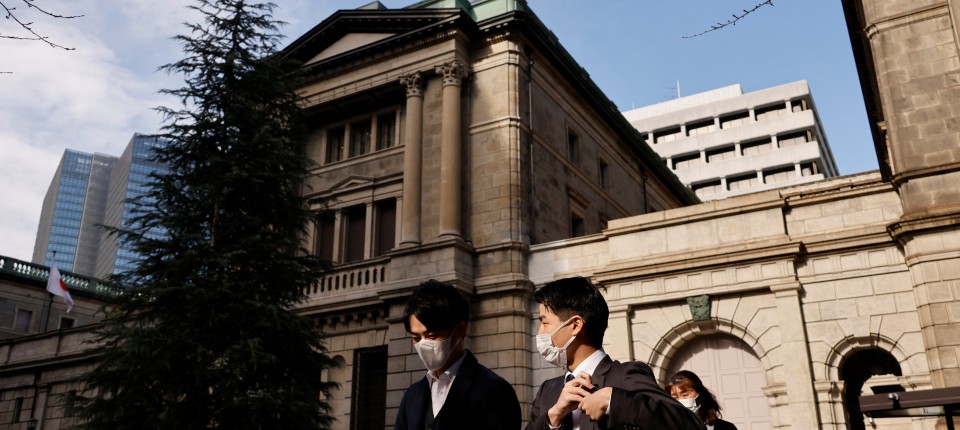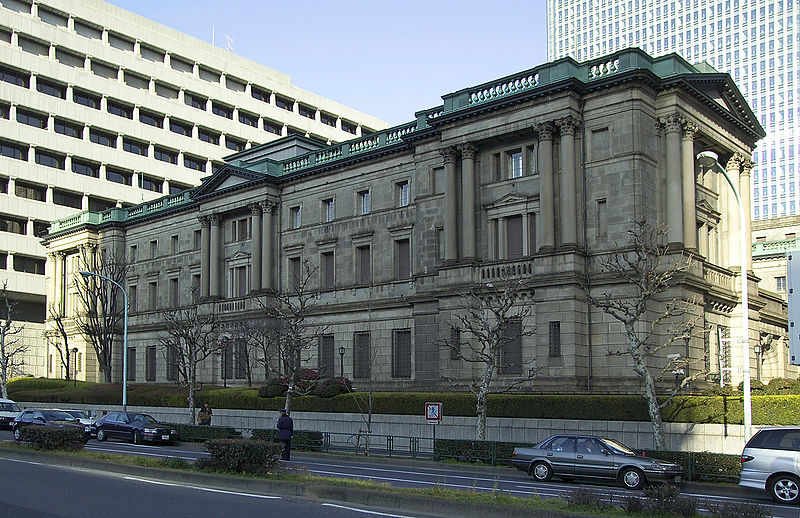The Bank of Japan is Venting Speculation
The Japanese central bank is not moving and is maintaining loose monetary policy. The yen depreciates significantly, share prices rise.

Despite intense discussions at the Tokyo Financial Center, the Bank of Japan did not change its monetary policy on Wednesday. At least for now, outgoing central bank governor Haruhiko Kuroda has tempered speculation about a move away from the aggressive monetary easing path.
The strong reaction of the major financial market indices shows that many market traders have repositioned themselves. The yen immediately fell more than 2% against the dollar and the euro.
On the other hand, Nikkei rose more than 2 percent. The interest rate on 10-year government bonds fell temporarily to 0.36 percent, after reaching 0.51 percent before the monetary policy decision.
After the two-day meeting, the Monetary Policy Board left the short-term interest rate at minus 0.1 percent. The bank still aims for zero percent for the ten-year interest rate, but accepts deviations of plus/minus 0.5 percent, as it has done since December.
The bank announced unlimited purchases of fixed-rate bonds daily to steer the yield curve between these two poles. In the run-up to the meeting, the central bank had been buying government bonds worth about 6 percent of Japan’s GDP since December in order to counter speculation about rising interest rates. However, many analysts did not rule out another monetary policy surprise like the one in December.
Expect an inflation rate of 3%.
For the fiscal year ending in March, the central bank now expects an inflation rate of 3 percent, slightly higher than before. In the next two years, inflation is expected to fall to around 1.6 and 1.8 percent.
This would bring it close to the 2 percent inflation target, which in itself speaks of a gradual departure from expansionary monetary policy. The bank estimates economic growth at 1.9, 1.7 and 1.1 percent for the three years.
Although the Bank of Japan did not act on Wednesday, initial reactions from economists and analysts predicted that pressure from financial markets on the BoJ would not stop joining in raising international interest rates.
Marcel Thelliant of Capital Economics commented that Kuroda’s successor is now likely to abandon yield curve control in April.
It is unlikely that Kuroda will get rid of the core of his monetary easing strategy at the last monetary policy meeting he chaired in March.
“The arguments for abandoning this policy are looking increasingly convincing,” Theliant commented. The government is increasingly dissatisfied with inflation. The monetary policy line has also become increasingly unsustainable because the Bank of Japan has had to buy government bonds in a record volume since December.
Even the sudden decision in December to widen the band around the zero per cent interest rate for 10-year bonds to plus/minus 0.5 per cent was not enough to normalize speculative bond trading.

